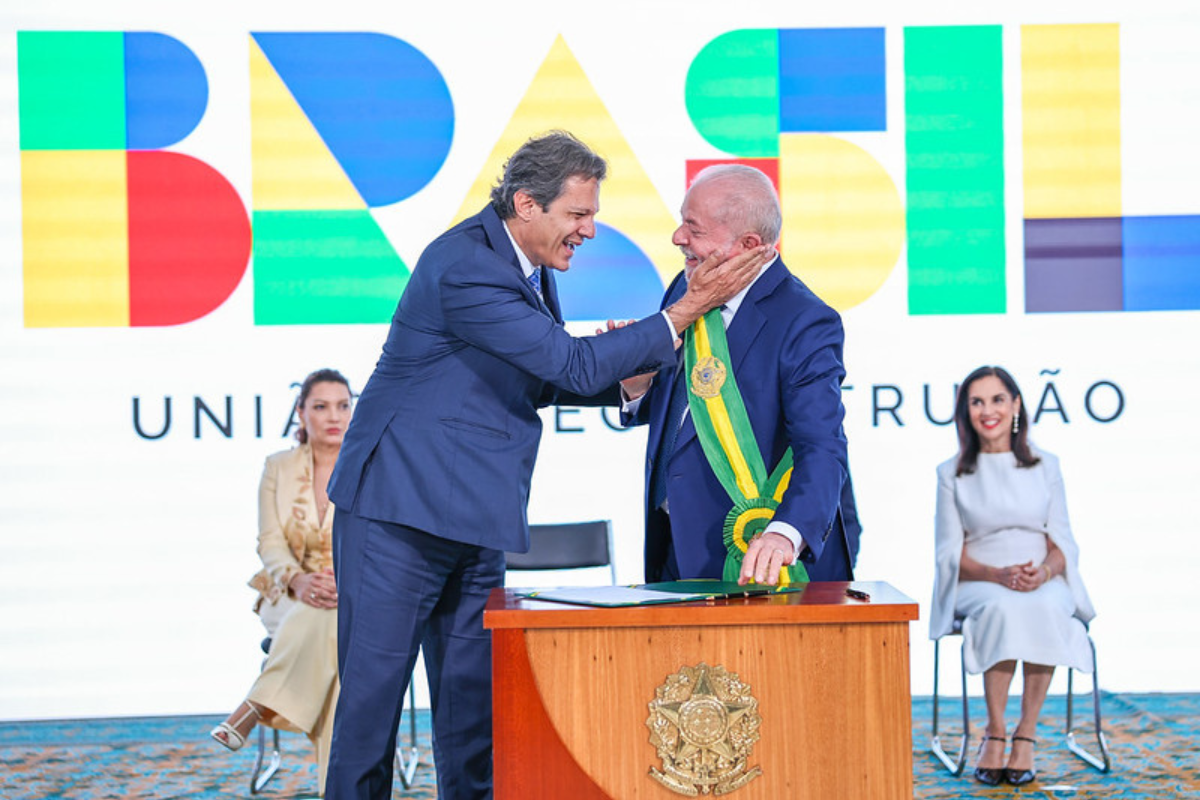The government of Luiz Inácio Lula da Silva will begin to fulfill a presidential promise on May 1, Brazil’s Labor Day, to raise both the minimum wage and the income tax threshold.
Labor Minister Luiz Marinho said this week that the government will raise the minimum wage by 1.4 percent to BRL 1,320 (USD 265) a month, while making incremental movements in the thresholds for what income is taxed at what rate. Citizens earning up to BRL 2,640, or twice the minimum wage, will no longer be exempt from paying income tax (from the current BRL 1,904).
The income tax threshold has not been adjusted for inflation since 2015, resulting in millions more Brazilians having to pay income tax. In September 2021, the House approved a bill raising the threshold to BRL 2,500, while also charging taxes on dividends. However, the bill has stalled in the Senate.
The initiatives aim to stimulate the economy at a time when it faces a challenging scenario combining the world’s highest real interest rates, rising debt and default...


 Search
Search






































